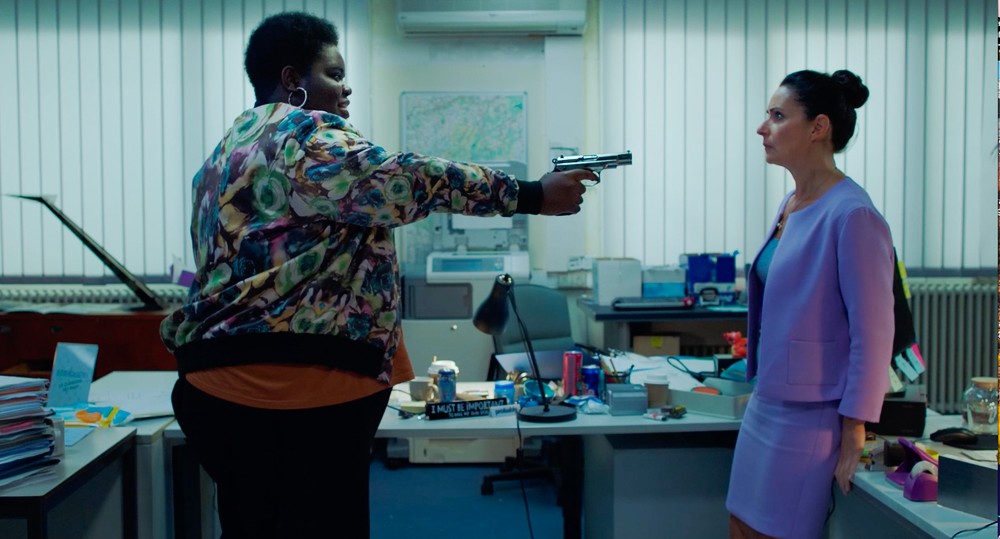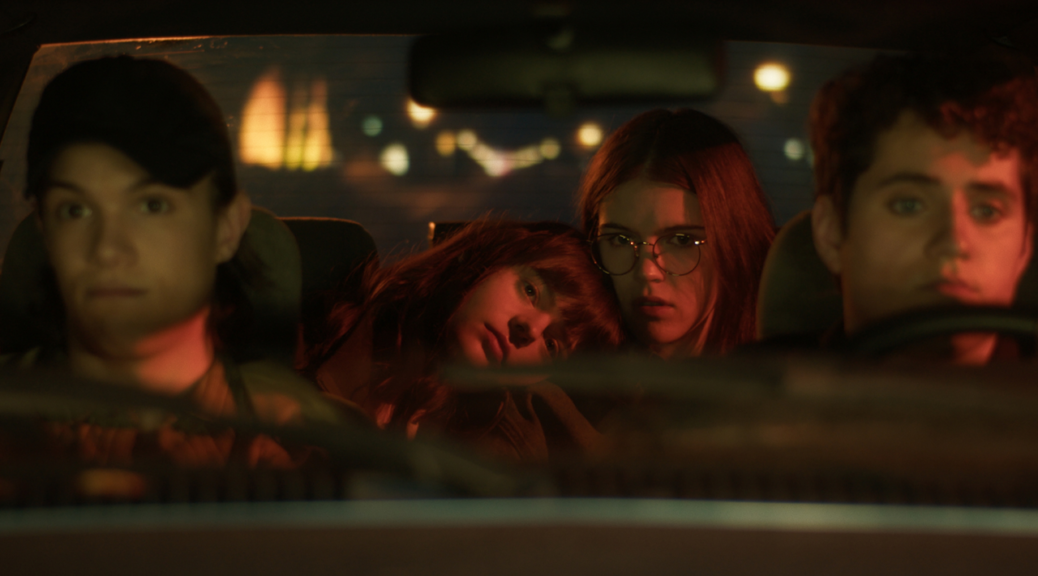Party Girl
by Hope Madden
It was 1995. We’d already had a sense of the unique talent that is Parker Posey because of her drill sergeant character in Dazed and Confused, but we were not yet in love with her. Writer/director Daisy von Scherler Mayer’s Party Girl would change that.
Von Schlerler Mayer’s slight story trails a twentysomething in NYC whose only real skill is partying and looking fantastic. Mary (Posey) is busted throwing a rent party (the purpose of the party is to make enough money to pay rent) and has to turn to her only family – librarian godmother Judy (Sasha von Scherler, the director’s mother) – to bail her out. The condition: Mary has to get a real job. Preferably clerking in the library.
It’s a fairly straightforward “fish out of water” story, the type where the fish realizes dry land (that is, becoming a librarian) is really the way to go. Kind of a cross between Breakfast at Tiffany’s and Desperately Seeking Susan with essentially none of the plot of either, Party Girl skims the surface of extended adolescence.
There are romantic entanglements and an assortment of hip friends on the fringe. And, of course, the clash between downtown style and library shushing. Von Schlerler Mayer’s ensemble delivers charmingly superficial and oblivious characters, and the climax is never really in doubt. So why has this film stood up for almost thirty years?
Parker Posey, duh.
There was no turning back after this film. Posey owns this character, her insecurity and confidence, vulnerability and insensitivity. She carves out a personality that can carry the whole film, even though the film itself offers little in return. Posey radiates goofy charm that’s infectious enough to keep you drawn to Mary’s dilemma, however vapid it is.
Party Girl is a frothy, forgettable good time, but Posey turned out to be a keeper.













